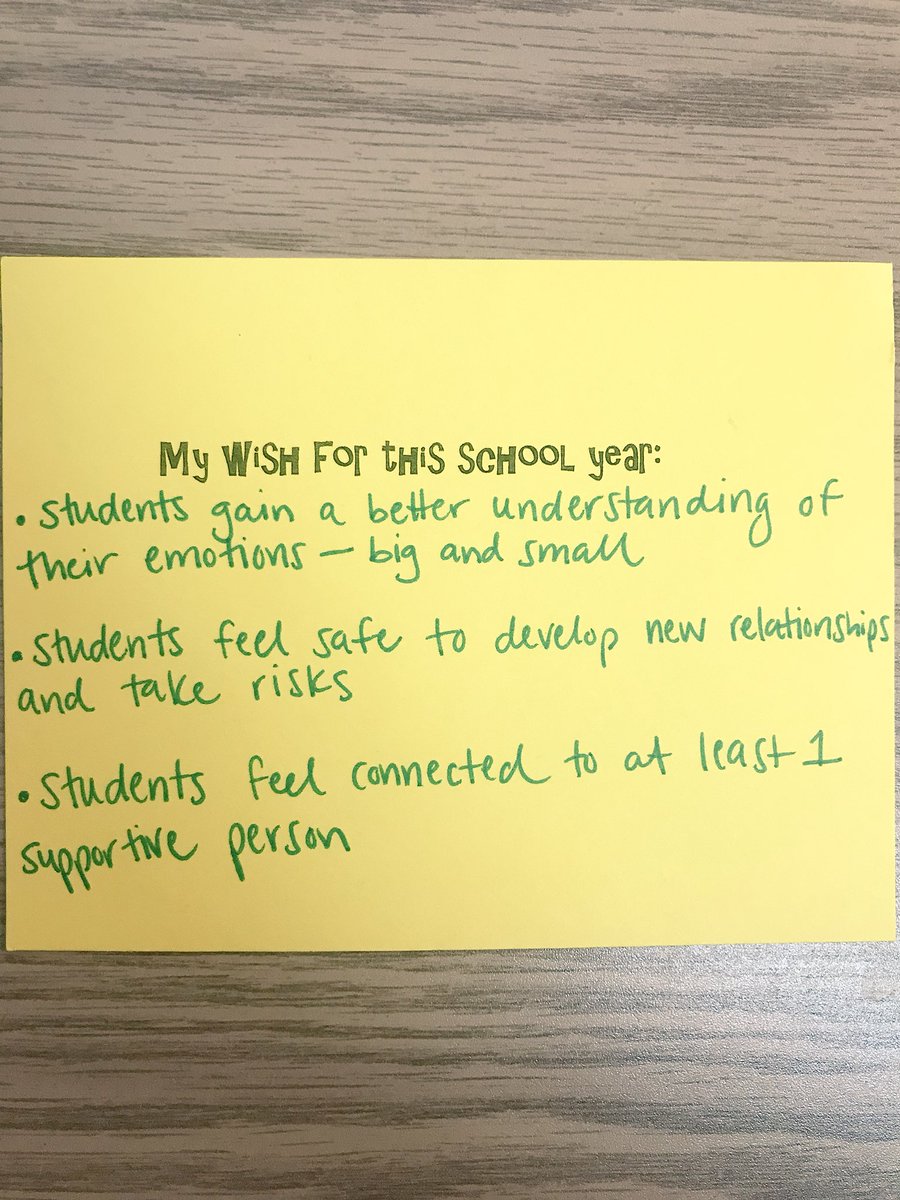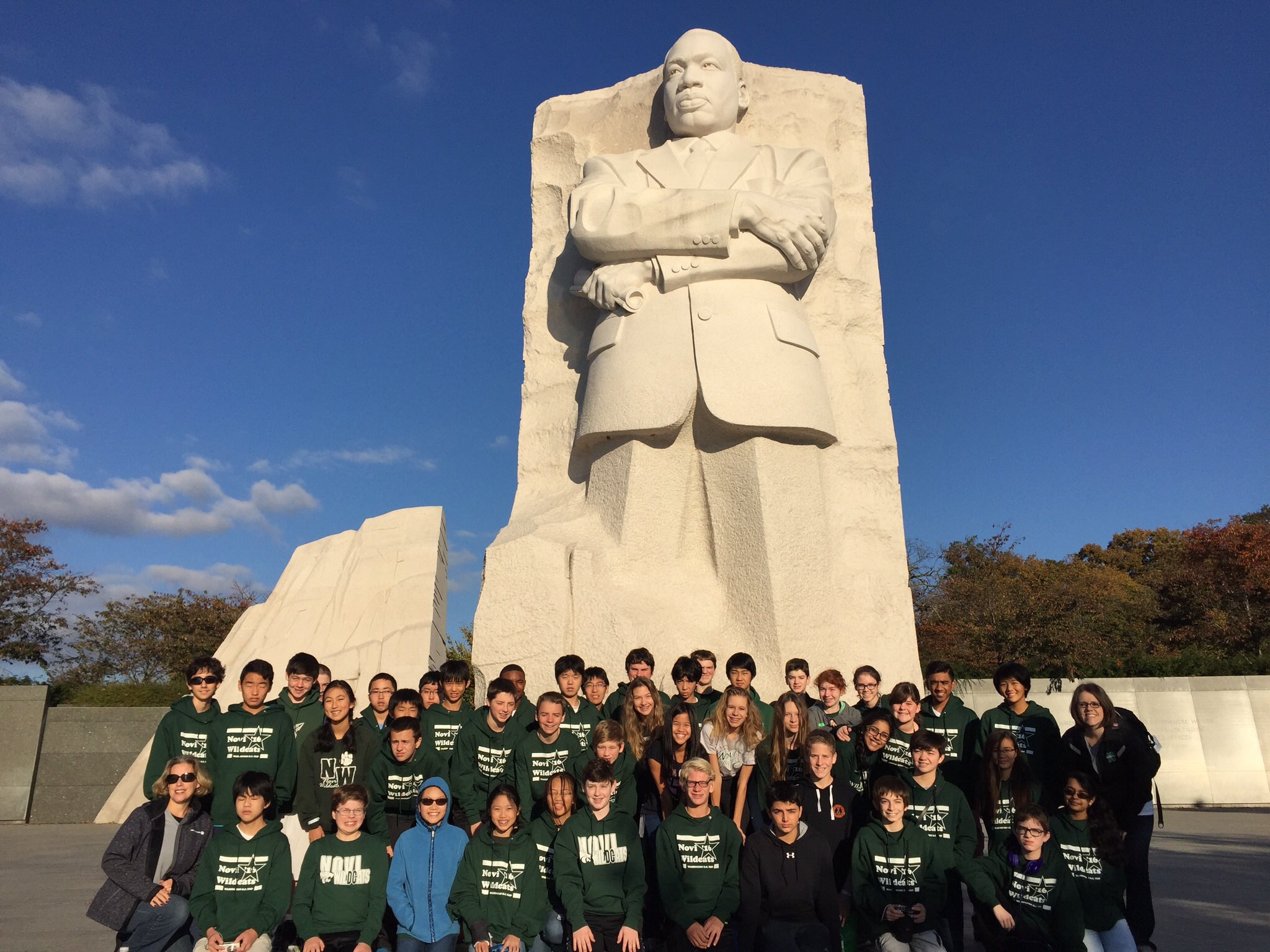Microsoft has used stack rankings. Some argue that it led to Microsoft's "lost decade"; a loss of collaboration and creativity.
Every current and former Microsoft employee I interviewed—every one—cited stack ranking as the most destructive process inside of Microsoft.
Kurt Eichenwald
Vanity Fair, August 2012
HB 5526 (page 68), recently passed by the Michigan House and forwarded to the Michigan Senate has a "stacked rankings" component. It requires the following when grading schools:
THE ACADEMIC PERFORMANCE OF THE PUBLIC SCHOOL'S PUPILS ON THE
APPLICABLE STATE ASSESSMENT COMPARED TO PUPIL PERFORMANCE ON THE
APPLICABLE STATE ASSESSMENT FOR ALL PUBLIC SCHOOLS SERVING A SIMILAR
PUPIL POPULATION. THE DEPARTMENT SHALL DETERMINE SIMILAR PUPIL POPULATION
USING DEMOGRAPHIC FACTORS THAT THE COMMISSION CONSIDERS TO HAVE A STRONG
CORRELATION TO ACADEMIC ACHIEVEMENT.
While the language is not clear, the intent is very clear. Similar schools will be grouped and compared to one another. This requires some schools to get an "A" grade and some to get an "F" grade.
Microsoft thinks so much of it that they have abandoned it. Brustein says that "corporate America has largely lost confidence in management programs that jam employees onto bell curves."
Yet, HB 5526 requires failure.
Why?
The cynical side of me is inclined to believe that it is because those opposed to public schools want to ensure that there will be failures.
This model refuses to accept that all schools within a class or grouping could be doing well.
Why not create a real system that honestly evaluates what is occurring without mandating that there be failure?
Secondly, there is an assumption in this bill that schools can be grouped by similar characteristics. That may be true in general but not in specifics. Any one who has been in schools knows that each school has its own culture, its own unique characteristics that make it different from every other school.
But HB 5526 requires that within this narrow band of similar schools some schools will fail.
What this means is that a school with high performance could receive a low grade when compared to others within its "class." However, a school with lower performance may receive a high grade when compared to schools within its class.
The bills sponsors say this, and other provisions of the law, are done to give parents clarity on school performance. This bill does nothing of the sort.
Public schools are doing good work. Instead of mandating failure let's create a system that honors the hard work and the success is occurring in public schools.









